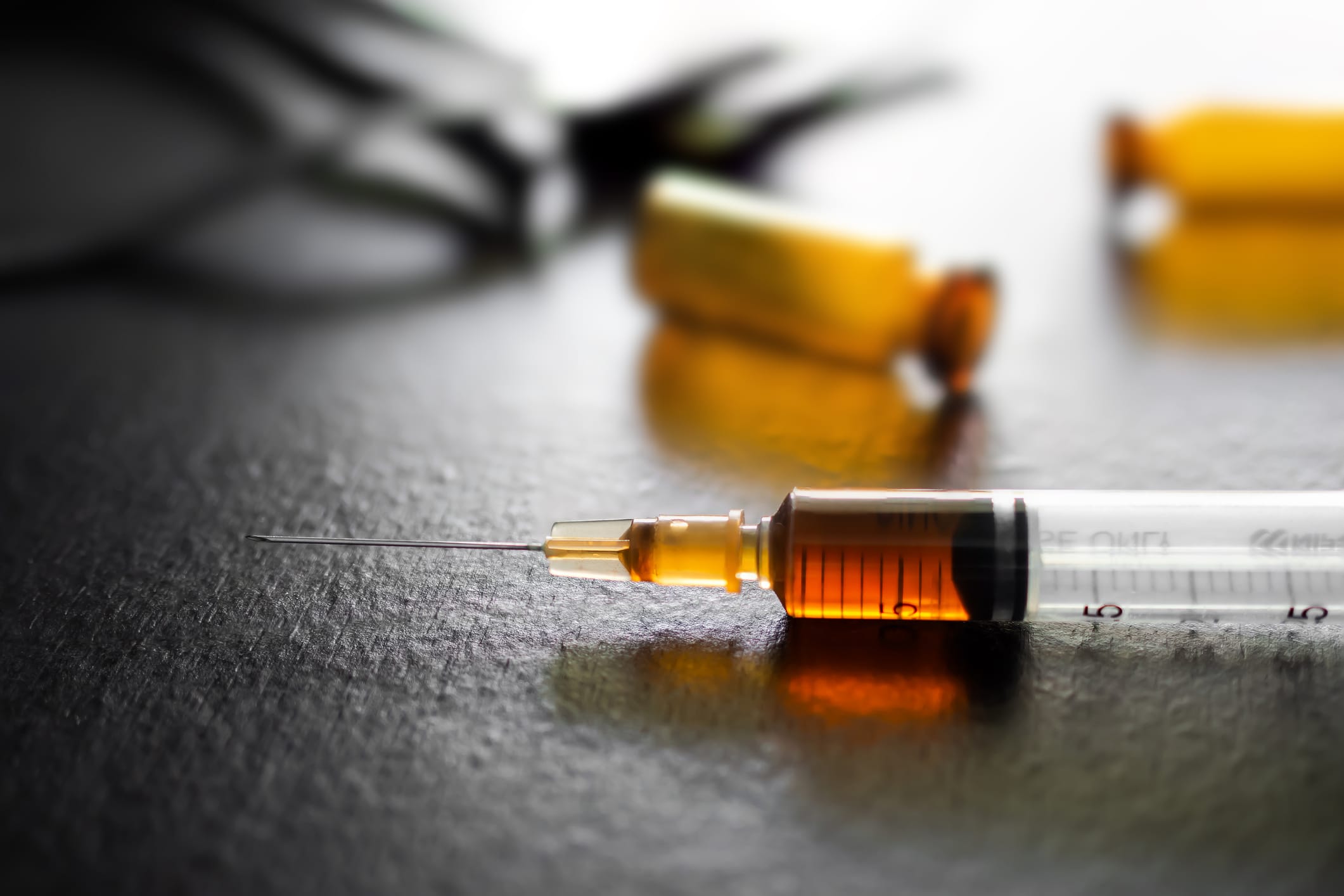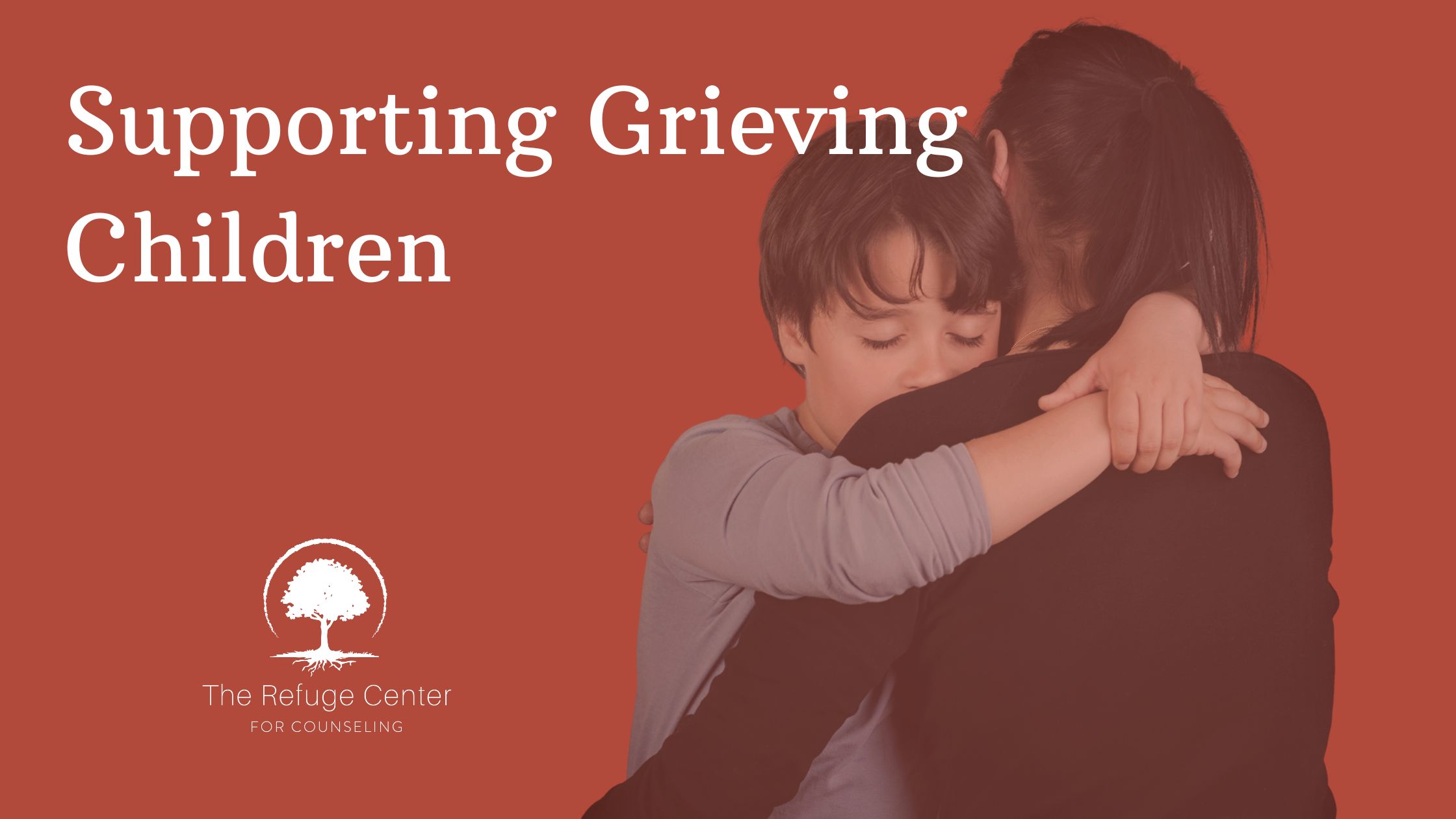Ketamine-assisted therapy, known primarily for its anesthetic properties, has emerged as a distinct player in mental health treatment. Many individuals have become curious about what Ketamine is and how it works. This blog post attempts to shed light on both the promising research and the dangers of Ketamine-assisted therapy.
Ketamine is a dissociative anesthetic, or pain reducer, primarily used for veterinary purposes, recreationally, and recently, for its therapeutic properties. It works by blocking certain neurotransmitters from binding to their receptors, which causes an altered state of consciousness with hallucinations and feelings of detachment from one’s self or environment. Being a dissociative drug, Ketamine causes people to feel separated or detached from their body or physical environment.
Administered in controlled clinical settings, ketamine infusions have shown remarkable efficacy in rapidly alleviating symptoms of severe depression, treatment-resistant depression, and certain anxiety disorders (Tersavich et al., 2021). Ketamine is classified as a Schedule III controlled substance when used for medical purposes, acknowledging its recognized medical applications while maintaining strict regulations over its distribution and administration. Ketamine is legal when taken for medicinal purposes and supervised by a qualified health professional.
Tennessee’s laws recognize ketamine’s accepted medical use, placing it in a different legal category than Schedule I psychedelics like MDMA or psilocybin. This classification acknowledges ketamine’s therapeutic value while imposing regulatory controls to ensure its safe and supervised utilization. Ongoing research aims to refine ketamine treatments, explore its long-term effects, and expand its applications in mental health care within Tennessee.
When used in combination with traditional psychotherapy, Ketamine’s effect allows clients to revisit past experiences, memories, or traumas that may typically be blocked from accessing or feeling. Clients may then be able to review harmful experiences with more compassion, more openness, and more love for themselves and others involved. This revisiting of pain and trauma may allow individual narratives to be rewritten for clients to come to a more holistic framing of the event. It may allow a client to determine the healing steps to take forward. Because ketamine is so potent, patients must adhere to the specific guidelines set forth by their doctor when taking this drug medically to ensure safe usage while minimizing potential side effects.
There is a wealth of ongoing, promising research in the field of ketamine-assisted therapy.
• In a 2019 study, men with severe depression who received six ketamine injections over two weeks experienced a significant improvement in depression (Mandal, 2019).
• In a 2020 study, participants with treatment-resistant depression received six ketamine infusions over 12 days. Those who received ketamine experienced more significant improvements in their depression (Shiroma et al., 2020).
• In a 2022 study, people with depression and thoughts of suicide received six ketamine infusions at three separate clinics over 21 days. Within six weeks of starting treatment, 20% of people with depression were considered “in remission,” meaning their depression symptoms had greatly improved, and 50% of people who had thoughts of suicide no longer experienced them (Oliver et al., 2022).
• In another 2022 study, people with treatment-resistant depression who received 8 to 10 ketamine infusions twice weekly over 4 to 5 weeks experienced a significant decrease in their symptoms (Dei et al., 2022).
• In another 2022 study, people with treatment-resistant depression who received three ketamine infusions in one week found it easier to replace certain negative beliefs with more optimistic ones. Updating these beliefs seemed to help improve depression symptoms, according to the study authors (Bottemanne et al., 2022).
Ketamine-assisted therapy’s unique therapeutic approach has produced great optimism in the therapeutic world. Its rapid effects offer the potential for immediate relief, yet its transient nature necessitates ongoing treatments and specialized clinical oversight. Collaborative efforts among policymakers, healthcare providers, and mental health advocates are crucial in ensuring responsible integration and access to this novel therapeutic approach.
Disclaimer: This article does not encourage or condone the use of controlled substances. Before considering the use of ketamine or any other controlled substance, it is crucial to consult with qualified medical professionals and be aware of the legal implications in your jurisdiction.
References
Bottemanne H, Morlaas O, Claret A, Sharot T, Fossati P, Schmidt L. Evaluation of Early Ketamine Effects on Belief-Updating Biases in Patients With Treatment-Resistant Depression. JAMA Psychiatry. 2022;79(11):1124–1132. doi:10.1001/jamapsychiatry.2022.2996
Dai, D., Miller, C., Valdivia, V. et al. Neurocognitive effects of repeated ketamine infusion treatments in patients with treatment-resistant depression: a retrospective chart review. BMC Psychiatry 22, 140 (2022). https://doi.org/10.1186/s12888-022-03789-3
Mandal S, Sinha VK, Goyal N. Efficacy of ketamine therapy in the treatment of depression. Indian J Psychiatry. 2019 Sep-Oct;61(5):480-485. doi: 10.4103/psychiatry.IndianJPsychiatry_484_18. PMID: 31579184; PMCID: PMC6767816.
Oliver PA, Snyder AD, Feinn R, Malov S, McDiarmid G, Arias AJ. Clinical Effectiveness of Intravenous Racemic Ketamine Infusions in a Large Community Sample of Patients With Treatment-Resistant Depression, Suicidal Ideation, and Generalized Anxiety Symptoms: A Retrospective Chart Review. J Clin Psychiatry. 2022 Sep 12;83(6):21m14336. doi: 10.4088/JCP.21m14336. PMID: 36112599.
Shiroma, P.R., Thuras, P., Wels, J. et al. A randomized, double-blind, active placebo-controlled study of efficacy, safety, and durability of repeated vs single subanesthetic ketamine for treatment-resistant depression. Transl Psychiatry 10, 206 (2020). https://doi.org/10.1038/s41398-020-00897-0
Tersavich, Chelsea. How is Ketamine Different Than MDMA?, 2021, https://www.mindbloom.com/blog/how-is-ketamine-different-mdma




